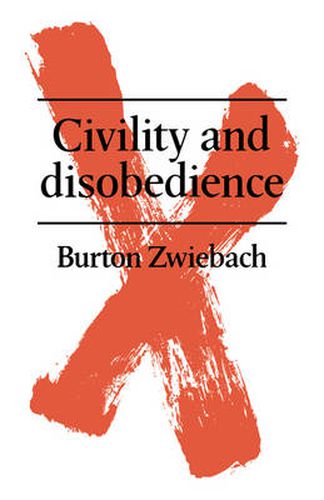Readings Newsletter
Become a Readings Member to make your shopping experience even easier.
Sign in or sign up for free!
You’re not far away from qualifying for FREE standard shipping within Australia
You’ve qualified for FREE standard shipping within Australia
The cart is loading…






Originally published in 1975, this book seeks to examine the problem of political obligation: when are we obligated to obey the laws? It presents a critique of traditional justifications of obligation - especially of social contract theory - and attempts to develop a fresh theory of obligation as both justified and limited by the need to substitute the culture of civility for the violence and barbarism of pre-political society. Civility, it is argued, can be attained by the creation of a common political life, characterised by equality, liberty, participation, and accountability of public authority. Dr Zwiebach’s argument on behalf of a broadened conception of civility and disobedience was a significant contribution to the important dialogue on political obligation, on a more civilised notion as ‘common life’, on ‘right’, ‘politics’, and on the strengths and weaknesses of the theory and practice of liberalism.
$9.00 standard shipping within Australia
FREE standard shipping within Australia for orders over $100.00
Express & International shipping calculated at checkout
Originally published in 1975, this book seeks to examine the problem of political obligation: when are we obligated to obey the laws? It presents a critique of traditional justifications of obligation - especially of social contract theory - and attempts to develop a fresh theory of obligation as both justified and limited by the need to substitute the culture of civility for the violence and barbarism of pre-political society. Civility, it is argued, can be attained by the creation of a common political life, characterised by equality, liberty, participation, and accountability of public authority. Dr Zwiebach’s argument on behalf of a broadened conception of civility and disobedience was a significant contribution to the important dialogue on political obligation, on a more civilised notion as ‘common life’, on ‘right’, ‘politics’, and on the strengths and weaknesses of the theory and practice of liberalism.